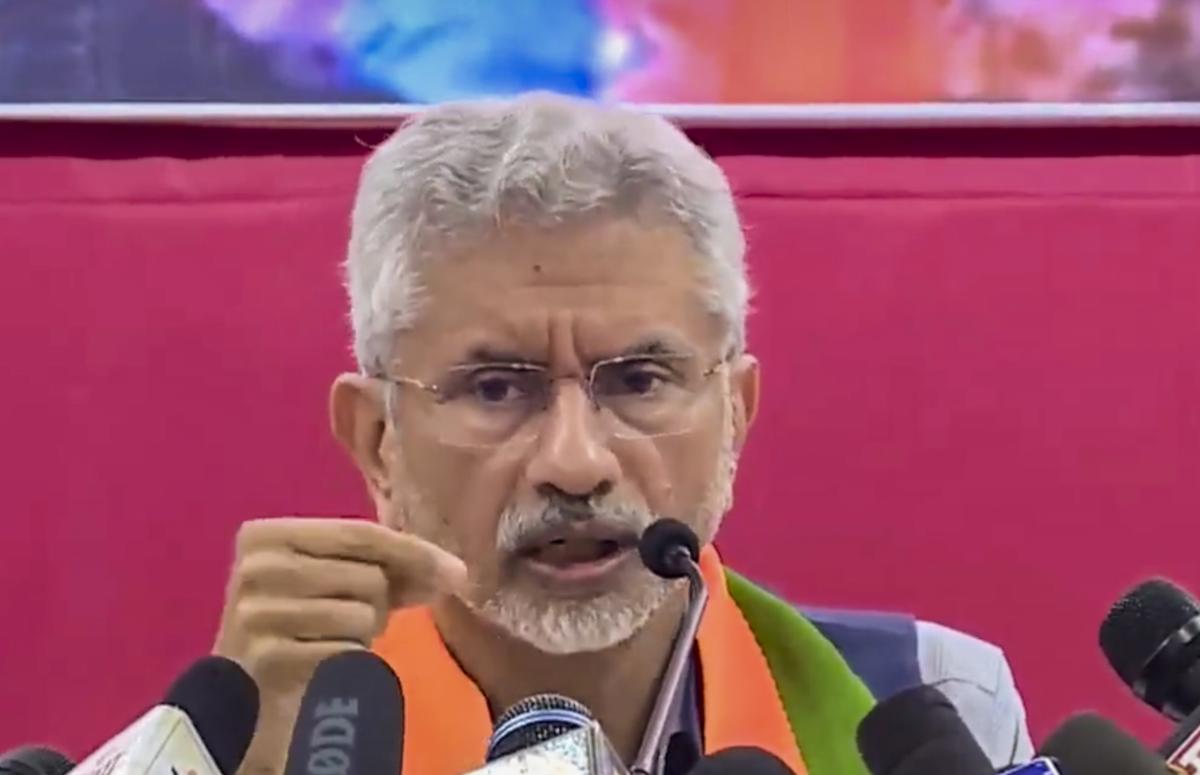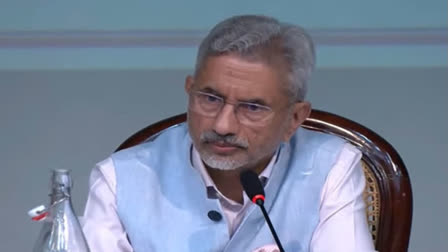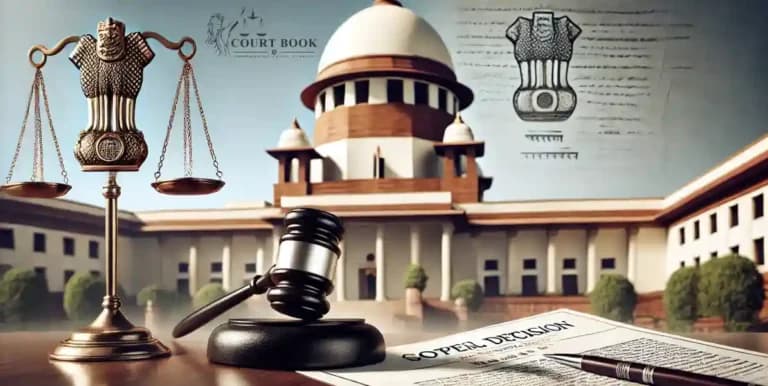On November 26, 2008, ten terrorists from the Pakistan-based group Lashkar-e-Taiba launched a coordinated assault in Mumbai, resulting in the deaths of 166 people and injuries to over 300. In a recent statement, External Affairs Minister S. Jaishankar noted that India did not respond to the 26/11 attacks.
 He emphasized, “We should not see a repeat of the events in Mumbai, where a terror attack occurred without any response. Mumbai represents India’s commitment to counter-terrorism on a global scale,”.
He emphasized, “We should not see a repeat of the events in Mumbai, where a terror attack occurred without any response. Mumbai represents India’s commitment to counter-terrorism on a global scale,”.
Jaishankar recalled that during India’s tenure on the UN Security Council, the country chaired the counter-terrorism committee meeting at the same hotel that was targeted in the attacks. He stated, “People recognize that India is resolute in its fight against terrorism. Today, we lead in counter-terrorism efforts. Our stance of zero tolerance is clear: there will be consequences for acts of terror.”
This is not the first time Jaishankar has addressed the 26/11 attacks. He previously revealed that the National Security Advisor during the UPA government admitted to deliberating various options post-attacks but ultimately chose inaction, believing the risks of attacking Pakistan outweighed potential benefits.
The BJP has consistently criticized the Congress party for its lack of decisive action against those responsible for the attacks.
The 26/11 attacks involved multiple sites, including the Taj Palace Hotel, Oberoi Trident, and Nariman House, marking one of the most devastating terrorist incidents in India’s history. Ajmal Kasab, the only captured terrorist, was executed in November 2012.



